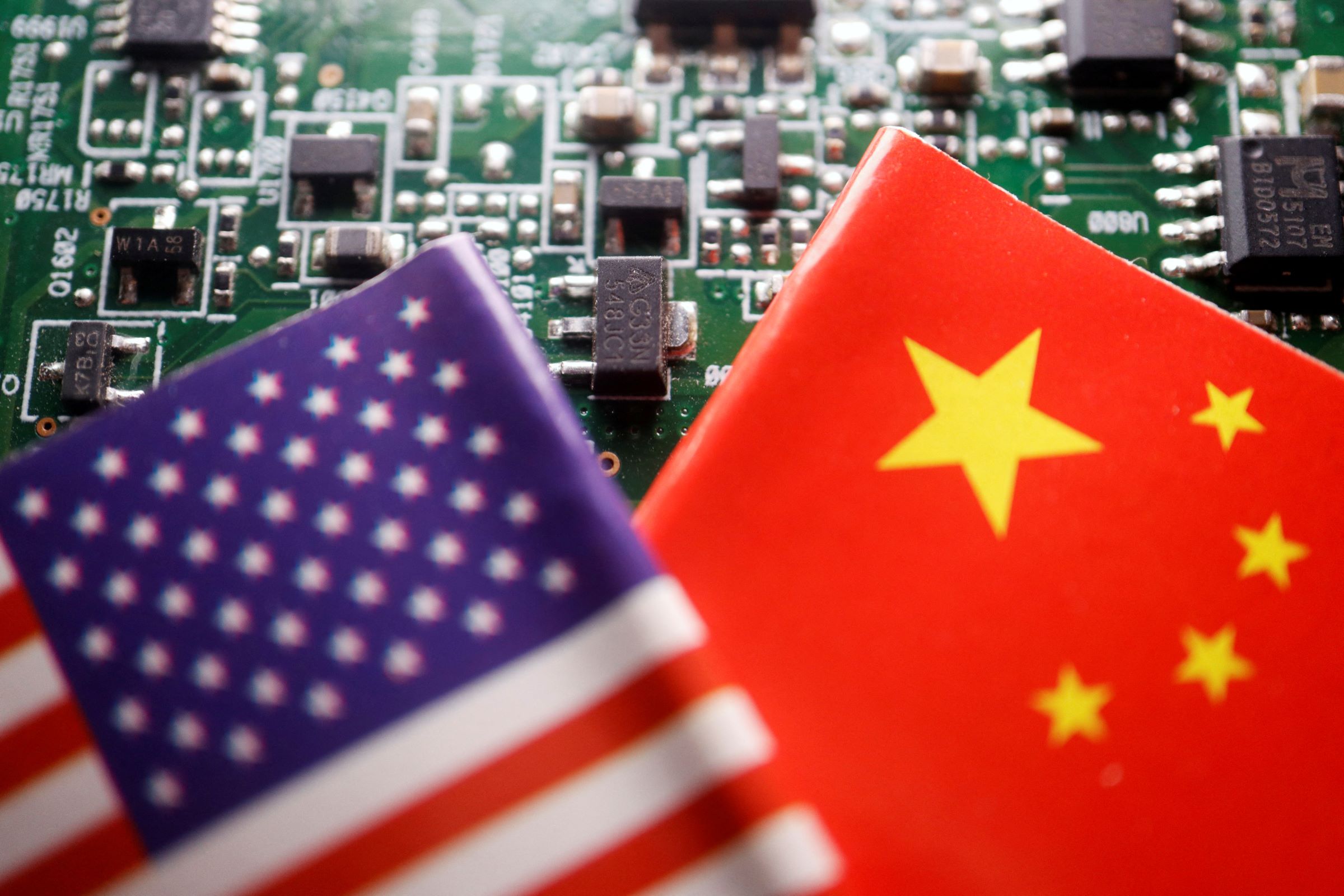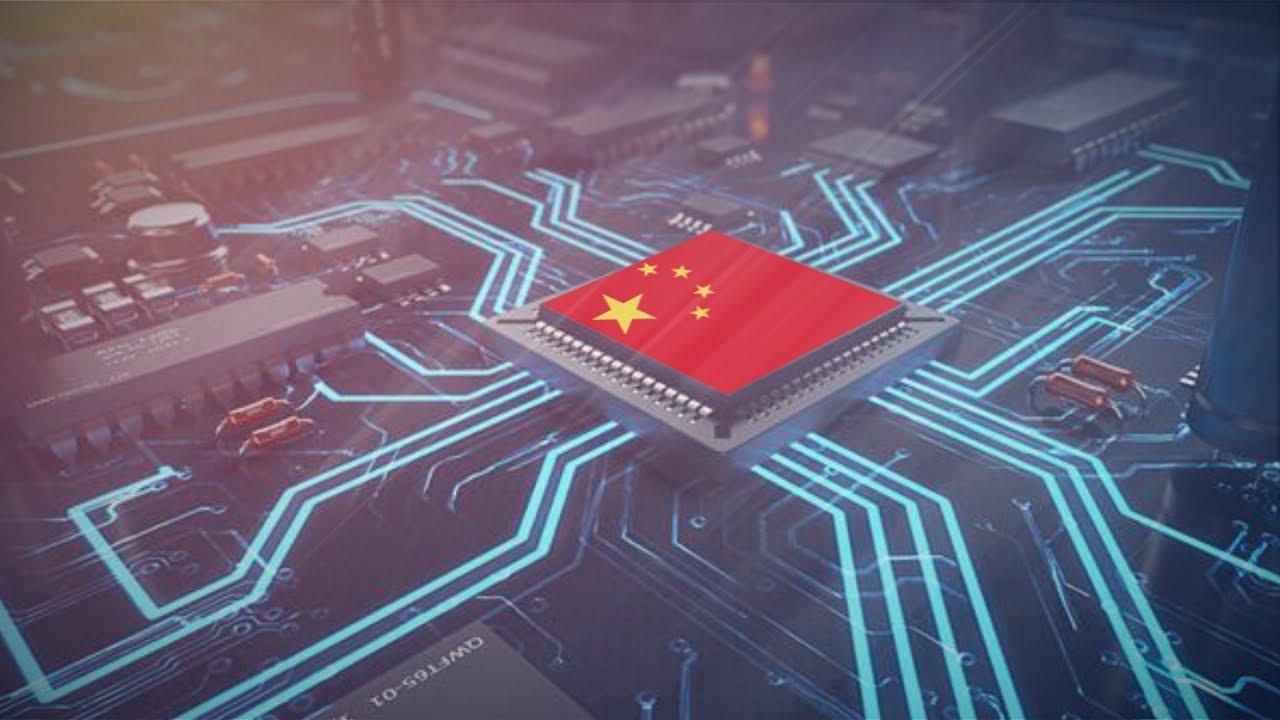Western policymakers are adopting a more cautious approach towards Beijing, wary of the potential risks associated with an overreliance on Chinese imports.
The US has taken steps to restrict Chinese firms’ access to its market, while the European Union (EU) has targeted what it perceives as unfair subsidies from Beijing, particularly in green technologies.

The EU’s latest move involves opening an investigation into Chinese wind turbine suppliers, following earlier probes into state aid for solar panels, electric cars, and trains.
These actions by the EU have heightened trade tensions, prompting China to express “high concern” over what it sees as the EU’s “discriminatory measures”.
In contrast, Germany has adopted a more conciliatory approach towards Beijing, aiming for a delicate balance in its economic relations with China.

German Chancellor Olaf Scholz has described this approach as “derisking”, advising companies to diversify their trading partners instead of relying solely on China.
Despite this, German businesses remain heavily reliant on the Chinese market, particularly in sectors like chemicals and electronics.
According to the IW Economic Research Institute in Cologne, there has been little significant diversification away from China in these key sectors.

Analysts believe that Germany’s economic strength gives it leverage over China and warn against squandering this opportunity.
While other countries may be less receptive to Beijing, Germany’s importance as a partner for China should not be underestimated.
US officials have also cautioned China against indirectly aiding Russia’s war effort. With Scholz’s visit coinciding with Russian Foreign Minister Sergei Lavrov’s trip to Beijing, there is an opportunity for Germany to discourage further cooperation between China and Russia.
Scholz’s spokesman emphasized China’s influence over Russia, suggesting that Germany hopes China will use this influence responsibly.







Leave a Reply